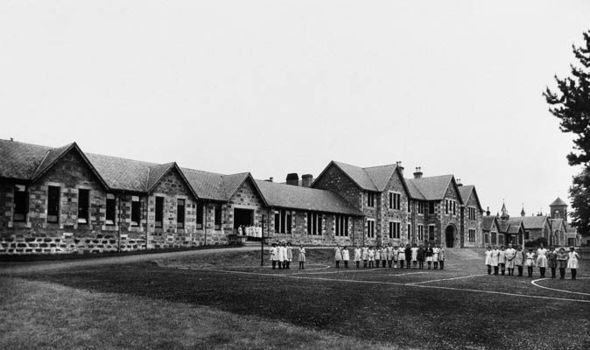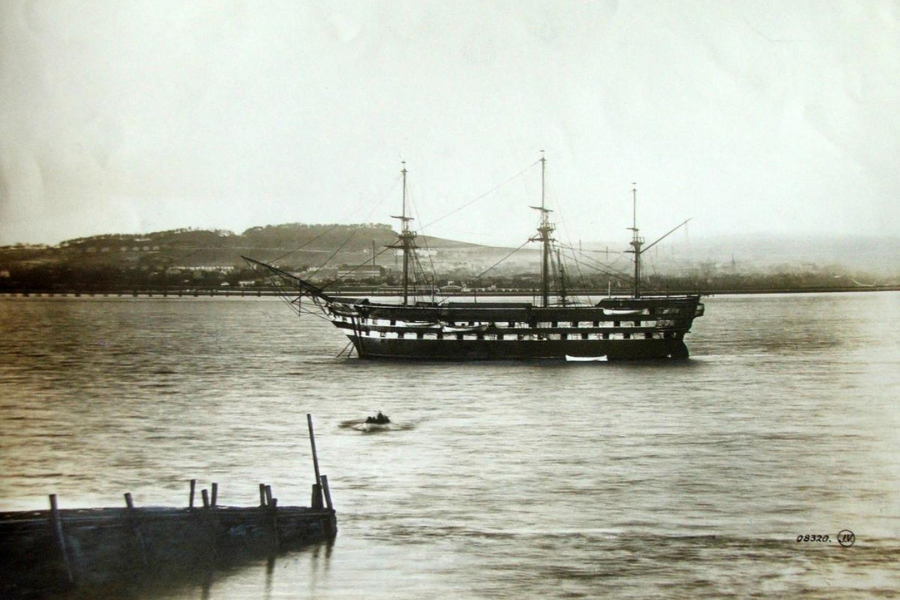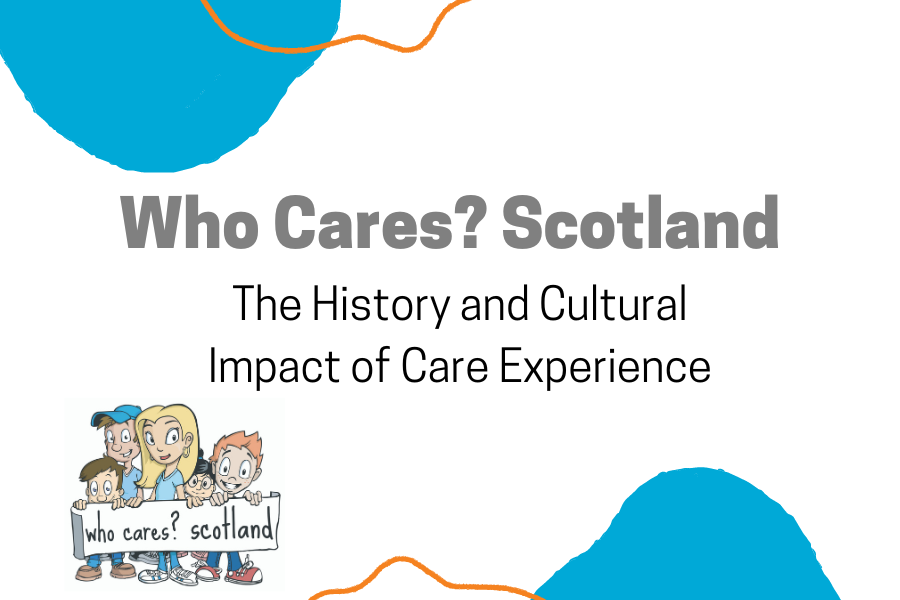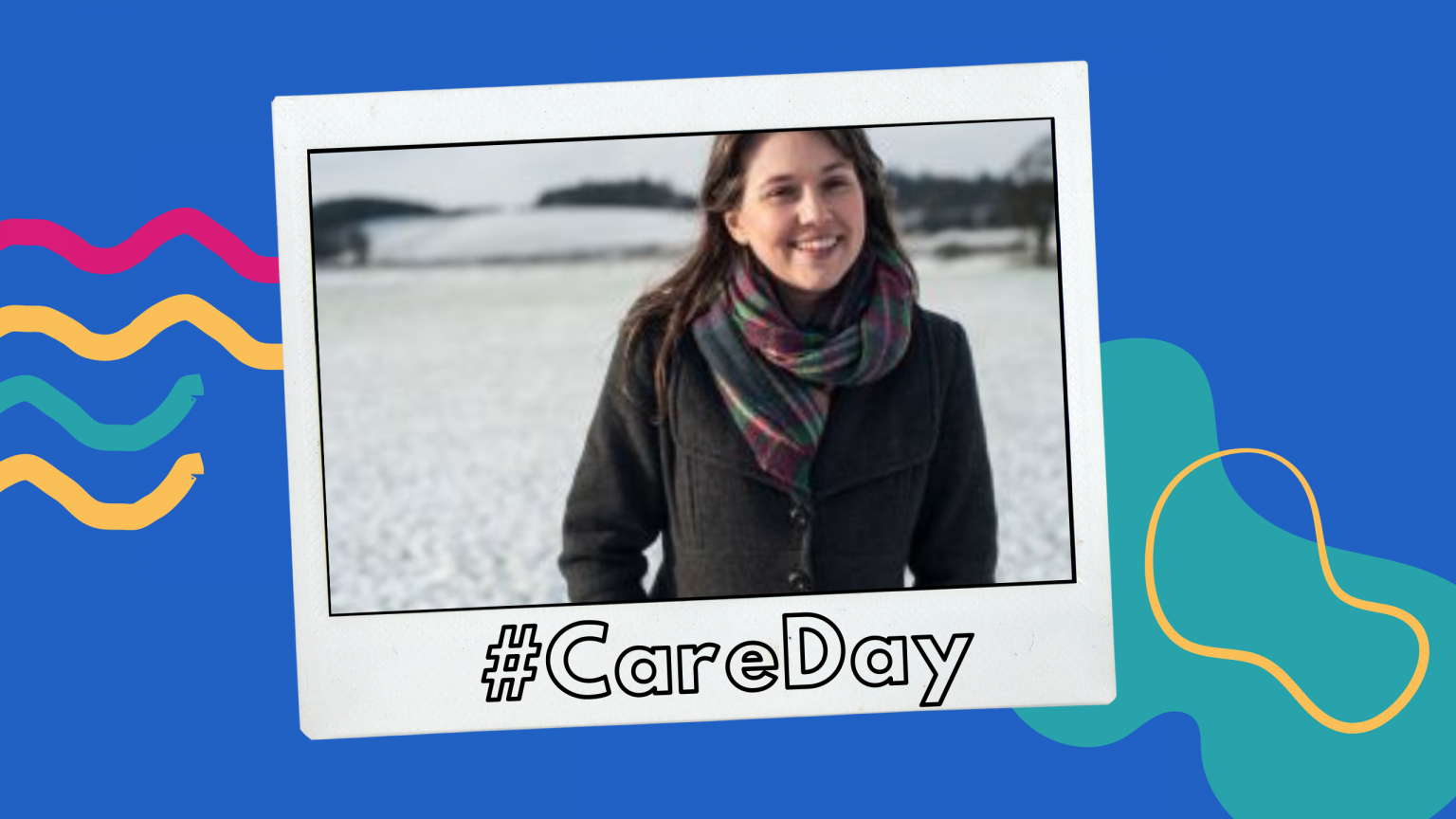In Scotland, change is coming for Care Experienced children and young people. The current care system has undergone a three-year review by the Independent Care Review.
The findings of which have resulted in The Promise which is responsible for delivering the change outlined in its findings. But until this change takes place, the founding principles of the care system in Scotland have not changed in over 100 years, not since the introduction of the Poor Law Amendment (Scotland) Act 1845, which established ‘parochial boards’ that were set up in each parish to administer poor relief.
Relief would only be offered to parents to support their children if all methods of family support had been exhausted. It was under this act that the practice of ‘boarding out’ – whereby orphaned and abandoned children would be sent to live with foster parents for a small fee paid by the parish – began.
The introduction of The Prevention of Cruelty to, and Protection of, Children Act, 1889 was the next big change for child protection in Scotland. This legislation authorised the state, on its own initiative, to intervene if the child’s welfare was shown to be at risk.
The Custody of Children Act, 1891 closely accompanied the implementation of the aforementioned legislation, allowed those caring for – and poor law authorities keeping – children to resist claims for their return by their parents: by placing the onus on the parents to prove they had “regard to the welfare of the child”
The Adoption of Children (Scotland) Act, 1930 introduced legal adoption into Scotland and since then arranged by charitable bodies or by local authority social work departments and then ratified by the civil courts. The Registrar General for Scotland has maintained the Adopted Children Register since the legislation was enacted.
In the 1960s, The Kilbrandon Report: Children and Young Persons, Scotland was issued in response to concerns over youth justice at the time and taught to investigate possible changes to the approach. This report led to the creation of the Children’s Hearings System, which began operating on 15 April 1971.
Care Experienced people have been a part of this country since the beginning. Like everyone else, they have dreams, hopes and aspirations. However, throughout history, they have faced systemic and cultural oppression.
This is evident in the nation’s past, as Care Experienced were forcibly migrated to populate the colonies of the British Empire, have been used in drug trials and have been subjected to abuse from those who were supposed to care for them.
By asking the question ‘why did this happen?’, we believe we can start to understand how the current care system, that children and young people experience today came to be.
Scottish Care Experienced people can learn about their heritage and identity, and have a more in-depth understanding of the community – which has a rich and diverse history – they became a part of when the state intervened in their childhood.
Stories
The HMS Mars - an Industrial Training Ship
The HMS Mars was built in 1840 as an 80-gun warship. Almost three decades later, in 1869 the ship was anchored on the Tay at Woodhaven Harbour, where it became a home to young boys from across Scotland until it’s scrapping in 1929.
During its time of use as an industrial school, 6,500 boys, otherwise known as the ‘Sons of the Mars’ were sent there. At any one time, there were around 400 children living, eating, sleeping and learning aboard the ship.
History and Culture of Care Presentation
This presentation was originally delivered to the International Federation of Social Workers 2020 Conference. Who Cares? Scotland discusses the history of care in Scotland.
The presenters also cover the cultural impact of Care Experienced people and the stories they have inspired throughout history.
Influencing the Children and Young People (Scotland) Act 2014.

In 2014 a group of 21 Care Experienced activists in Scotland made history by successfully campaigning for a change to the law by directly speaking and lobbying MSPs.
This resulted in the Children (Scotland) Act 2014 raising the leaving care age to 21, introduced legislation for corporate parents and continuing care measures all which had Care Experienced people at the heart of decision making.
Read the report and watch an interview with some of the activists.
The Scottish Child Abuse Inquiry
Launched in 2015, its investigating the abuse of children in care in Scotland within living memory until 2014.
The reports published by the SCAI have already highlighted the scale of abuse across Scotland. With unmarked mass graves, institutional abuse and the trafficking of children being shared.











